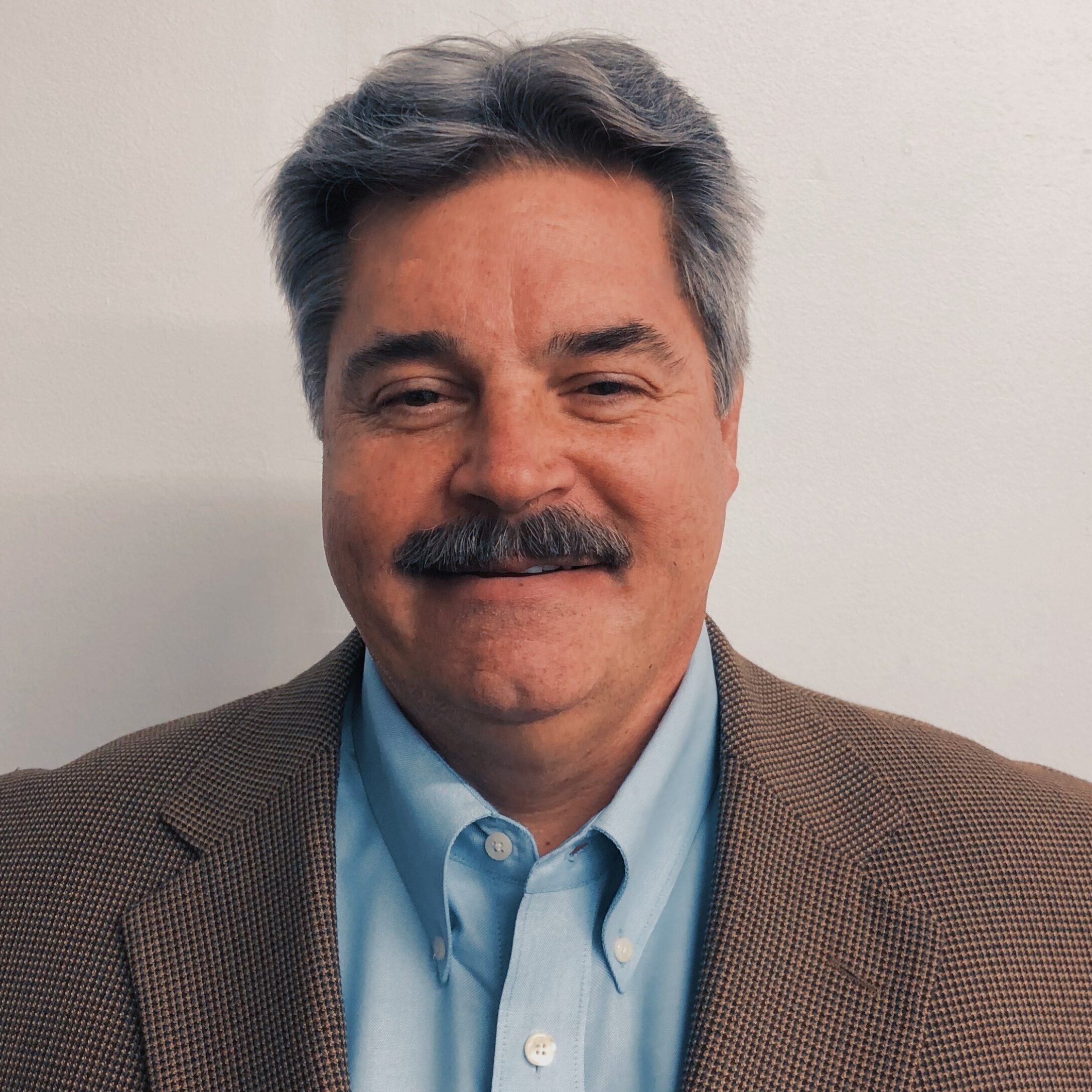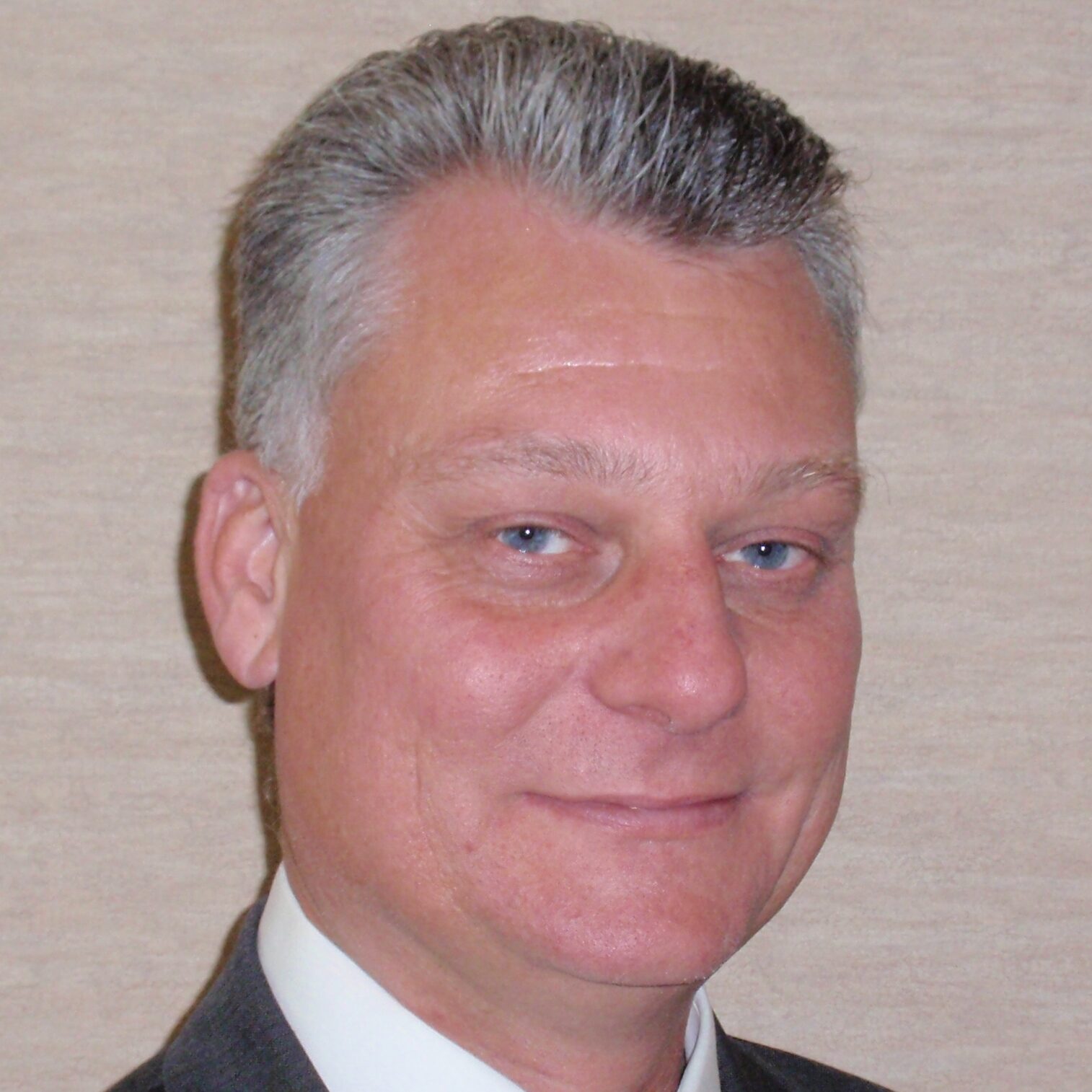As artificial intelligence (AI) and digital services reshape industries, data centers have become part of the indispensable infrastructure supporting these transformative technologies. With over 5,000 active data centers in the U.S. and growing, the construction and operation of these facilities are expanding at an unprecedented rate. However, this growth brings increasing responsibility to protect the health and safety of those who build, operate and maintain these critical facilities. Ensuring a safe working environment for both full-time employees and contractors is essential for regulatory compliance, reducing downtime and improving operational efficiency. Below, we explore major occupational health and safety risks present in data centers and outline strategies to mitigate them.
Noise Exposure
Data centers can be noisy environments due to continuously operating servers, HVAC systems and ancillary equipment such as generators and uninterruptible power supply (UPS) systems. Noise levels can exceed the Occupational Safety and Health Administration (OSHA) action level of 85 decibels, posing a risk of long-term hearing loss for workers. To mitigate this, OSHA mandates the implementation of a Hearing Conservation Program, which includes employee noise exposure monitoring and audiometric testing and proper hearing protection to affected employees. Facilities should also explore noise-reduction measures to create a more manageable auditory environment.
Indoor Air Quality
Maintaining optimal indoor air quality is critical in data centers, not only for the health of workers but also for the efficient operation of equipment. Robust HVAC systems are used to control humidity, ventilation and temperature. Regular testing of indoor air quality parameters, such as carbon dioxide, carbon monoxide, relative humidity, temperature and volatile organic compounds, ensures that the environment is safe for occupants and meets operational requirements. This dual focus on health and efficiency underscores the importance of air quality management in data centers.
Electrical Hazards
Data centers house a concentration of high-voltage electrical equipment, making electrical hazards a significant concern. Workers operating or performing maintenance near energized electrical systems face risks such as electrical shock, burns and arc flash potential. Inadequate grounding, poor maintenance and improper use of equipment exacerbate these dangers. To mitigate risks, data center operators must adhere to both the National Electrical Code (NEC) and the NFPA 70E Standard for Electrical Safety in the Workplace. OSHA also recently released guidance on electrical safety in alignment with NFPA’s standard. Routine audits, training programs and compliance with updated safety protocols are essential to reduce the likelihood of severe injuries or fatalities.
Fire Hazards
Electrical fires are another critical safety risk in data centers, often caused by overheating equipment, battery overheating, electrical failures or human error. To address this, data centers are required to install fire suppression systems designed in compliance with NFPA 75 and NFPA 76 standards, which provide guidelines for fire protection in IT and telecommunication facilities. Regular fire safety training, drills and adherence to state and local fire codes are also necessary to ensure preparedness and minimize fire-related risks.
Ergonomic Strain
Repetitive motions and heavy lifting during data center construction and routine maintenance tasks, such as server replacements, can lead to ergonomic injuries. Servers often weigh 35 pounds or more, and improper handling can result in musculoskeletal disorders and workplace injuries. Implementing ergonomic training and using lifting aids can help reduce these risks.

Solutions for a Safer Data Center Workplace: TRC Can Help
To address these occupational health and safety risks, data center operators should conduct comprehensive safety audits and risk assessments. These evaluations help identify hazards, inform training needs and highlight opportunities to reduce risks, such as leveraging remote sensing technology to minimize human interaction with hazards. Developing and implementing a robust safety training program and continuously monitoring workplace safety are also critical steps in creating a safer environment.
TRC’s team of certified safety professionals (CSPs) and certified industrial hygienists (CIHs) offers end-to-end solutions for managing these data center challenges. From hazard assessments to implementing safety protocols, we ensure your workforce is protected. Our OSHA-certified trainers provide specialized courses in Arc Flash and Electrical Safety, Control of Hazardous Energy and more, ensuring that workers are equipped with the knowledge and skills they need to safely navigate the unique risks of data center environments.
As data centers continue to grow in number and complexity, addressing occupational health and safety risks is more critical than ever. By prioritizing safety through regular audits, training and adherence to industry standards, data center operators can create safer work environments, protect their workforce and ensure the uninterrupted operation of these essential facilities.




